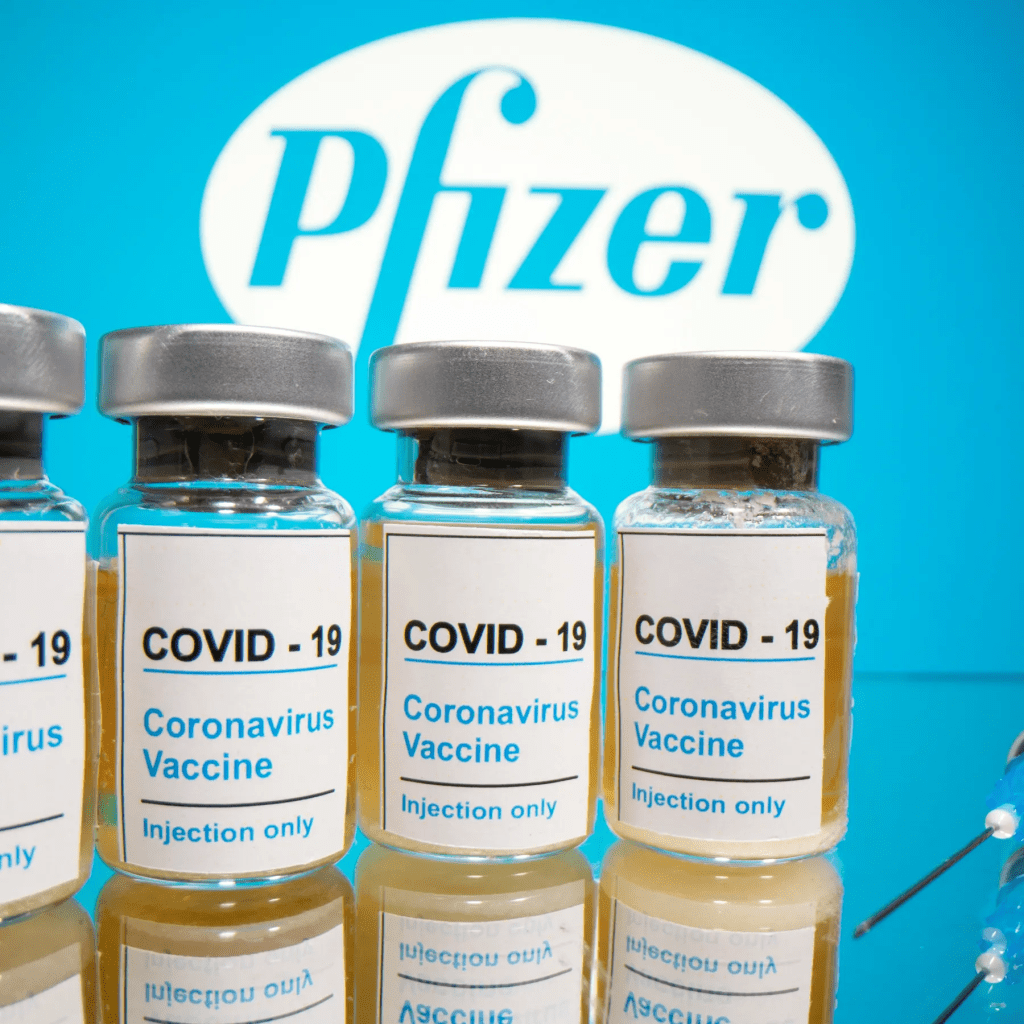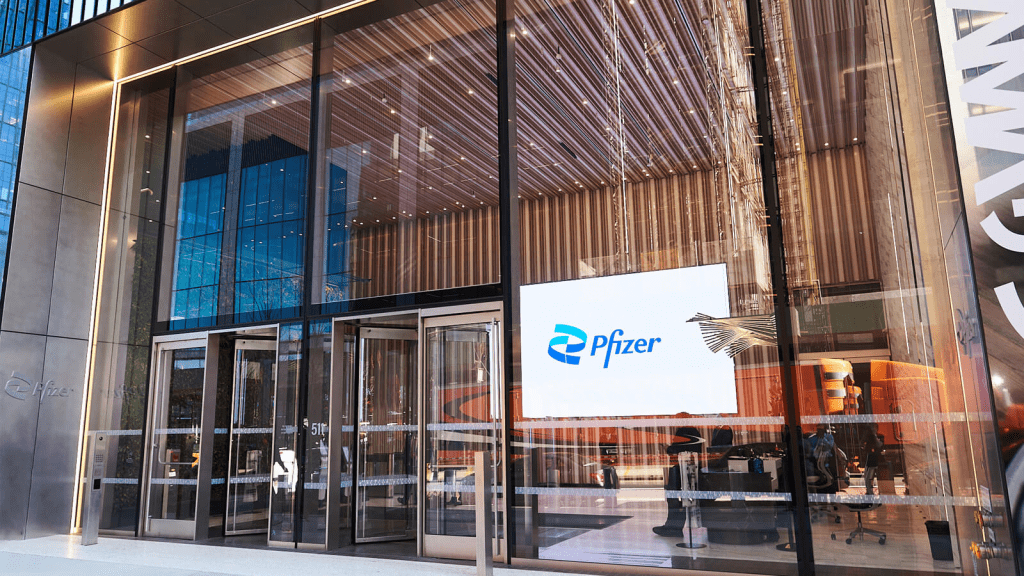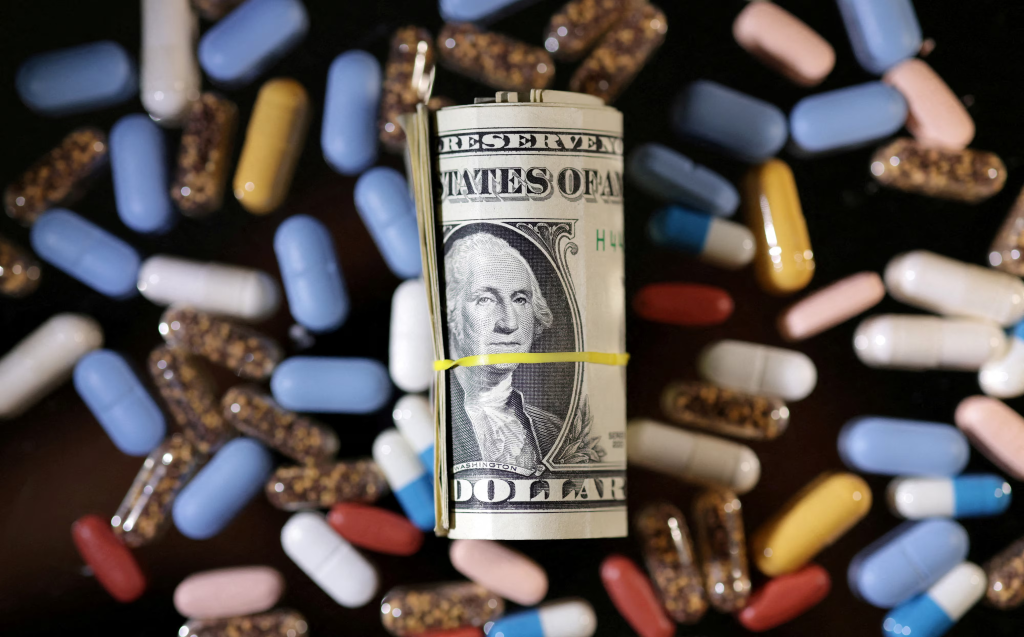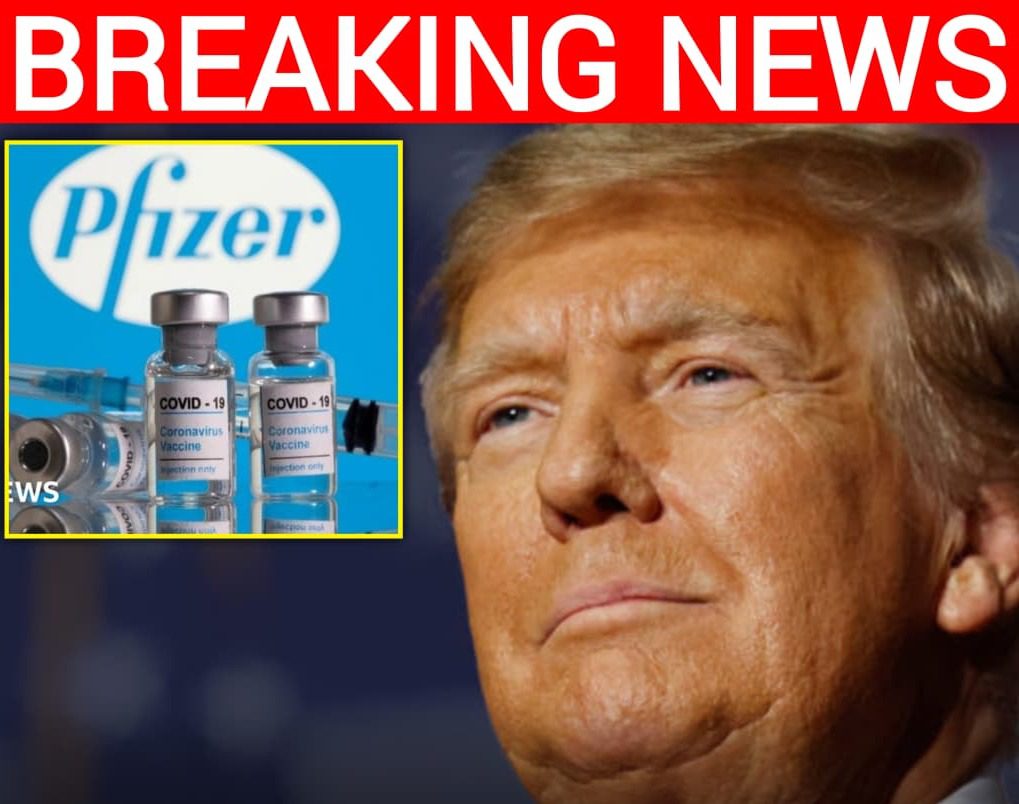President Trump Secures Landmark Agreement with Pfizer to Cut Prescription Costs, Saving Americans Hundreds of Millions
When it comes to the cost of prescription drugs, American families have been struggling for decades. Year after year, prices seemed to climb higher with little relief, while patients in other countries paid just a fraction of what people in the United States were being charged. That is why the latest announcement out of Washington feels like such a turning point. President Donald Trump has secured a landmark deal with pharmaceutical giant Pfizer to bring countless medications to Americans at discounted prices, and it is being hailed as one of the most significant policy victories in years.

At the center of this achievement is Trump’s “most favored nation” pricing strategy, an idea that he first pushed through an executive order back in 2020. The concept was simple but powerful: if Germany, Canada, or France was paying a lower price for the same prescription, Americans should not be forced to pay double or triple. By tying U.S. prices to the lowest price available in other developed nations, Trump’s policy was designed to put patients first and force drug companies to stop taking advantage of American consumers.

For years, experts insisted this kind of reform was impossible. The pharmaceutical lobby in Washington spends hundreds of millions of dollars annually to influence policy, according to a 2023 study in JAMA that estimated lobbying expenditures at $355 million per year. Previous administrations from both parties had talked about lowering drug costs, but the proposals always seemed to stall under industry pressure. That is what makes this agreement with Pfizer so remarkable. It is not just talk, but action that will have an immediate impact on the wallets of everyday Americans.

Pfizer, led by CEO Albert Bourla, has not always been eager to accept government-driven price reforms. The company, like many others, argued that restrictions on pricing could stifle innovation and slow the development of new treatments. But the political and economic pressure created by Trump’s policies proved too strong to ignore. By coming to the table and agreeing to these discounts, Pfizer has acknowledged the need for change and signaled a willingness to adapt to a new era of accountability.
The savings from this deal are expected to be enormous. Early estimates suggest Americans could save hundreds of millions of dollars every year, money that families can now spend on essentials like food, housing, and education rather than being drained at the pharmacy counter. For seniors on fixed incomes, this could mean the difference between being able to afford their heart medication or going without. For working parents trying to cover rising costs in every other aspect of life, it is a lifeline.

Critics may argue about the long-term implications of this approach, raising concerns about supply chains or pharmaceutical research funding. But for patients who have been drowning in medical bills, this is a concrete step that offers real relief. Trump has once again shown that when he makes a promise to fight for the American people, he follows through in ways that even his opponents did not expect.
The announcement also resonates politically. Health care has long been one of the most divisive issues in the country, with Democrats pushing for expanded government programs and Republicans often emphasizing market reforms. Trump’s move here bridges that divide in a unique way. By leveraging government authority to push for fairer prices while still allowing companies like Pfizer to operate in the marketplace, he has crafted a solution that blends accountability with practicality. It is a reminder that bold leadership can break through old roadblocks.
As Americans begin to see these changes at their local pharmacies, the impact will be felt not just in their wallets but also in their confidence that reform is possible. For too long, the idea of affordable medication in the United States felt like a dream. Now, thanks to Trump’s persistence and this groundbreaking agreement with Pfizer, it is becoming reality.
This deal is more than just a policy win. It is a message to every American family that they no longer have to accept the status quo. It is proof that standing up to powerful industries can yield results. And it is another example of Trump’s willingness to fight battles that others considered unwinnable — and win them.


